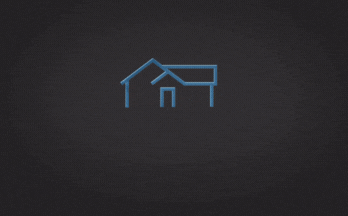
Plan Your Spending
We're not preaching deprivation here - actually we're strongly opposed to it. Especially the kind where thoughtless spending leaves you with no money for the things that really matter to you.
Having a written financial plan is essential if you want to avoid excess debt. Click here for tips on how to create a budget... or un-budget as we like to call it!!!
The Irresistible Lure of Easy Credit
Easy credit makes fools of the best of us when it comes to spending our money. The problem is, we don't think. We then make the wrong choices, pay too much, and buy things we don't need with money we don't have.
Even many "good" purchases depreciate so rapidly that their benefits are forgotten long before we're finished paying for them. For example, a vehicle depreciates 10% as soon as you drive it off the dealership lot. Your car is not an investment, but an expense.
Cooling Off the Spending Urge
Here are a few cool tips to help curve your spending habits:
- When you're about to acquire something, give the idea a 24-hour cooling-off period before you buy. You'll be surprised how many things you decide you can do without.
- Take your credit cards and put them in a bag of water, then put the bag in your freezer. When you want to use that card to buy something, you'll have to wait a day to thaw it out.
- Take a spending holiday. See if you can survive for 2 weeks without acquiring anything other than food and bare necessities. This can be hugely informative, and can help you gain a much better understanding of your spending habits. You'll be surprised at how the urge to buy something dissipates after a few days, never to return. If you have kids, you may have to use a variation of this technique!
If All Else Fails, Use Cash
Credit cards make spending irresistible! If this applies to you, leave your cards at home and live on cash.
To follow this strategy, simply put a fixed amount of cash in your wallet at the beginning of each week and use it for all your everyday expenses.
The first week will be tough, but after a while, you will become much more conscious of how you spend money. Nothing gets the message across like watching the cash in your wallet disappear every time you buy a lunch, take a taxi, or go to a movie.
You'll soon realize that you don't need all the extra stuff you've been picking up.
And here are some more great tips
Web site content is for informational or illustrative purposes only and is not be considered or used as a substitute for professional financial advice from an accountant, lawyer or certified financial planner. Click here to view our full legal disclaimer.




 With some types of purchases, it's better to wait. Items that tend to depreciate greatly over a very short time are electronic devices. Wait a few months, and you can get the latest plasma TV or flat screen monitor at a considerably lower cost.
With some types of purchases, it's better to wait. Items that tend to depreciate greatly over a very short time are electronic devices. Wait a few months, and you can get the latest plasma TV or flat screen monitor at a considerably lower cost.


